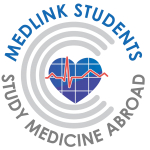
Located in: Caribbean
















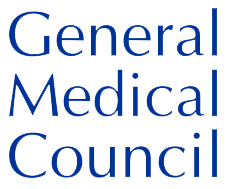





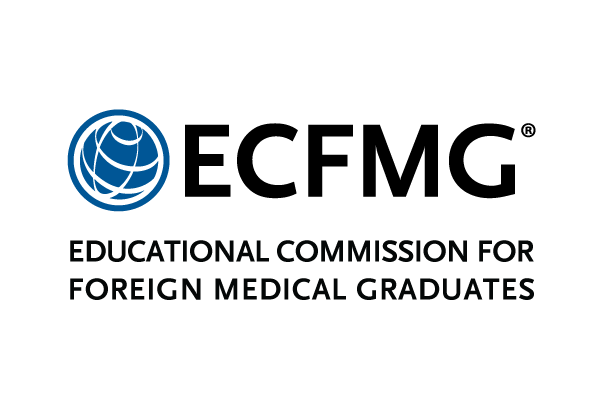



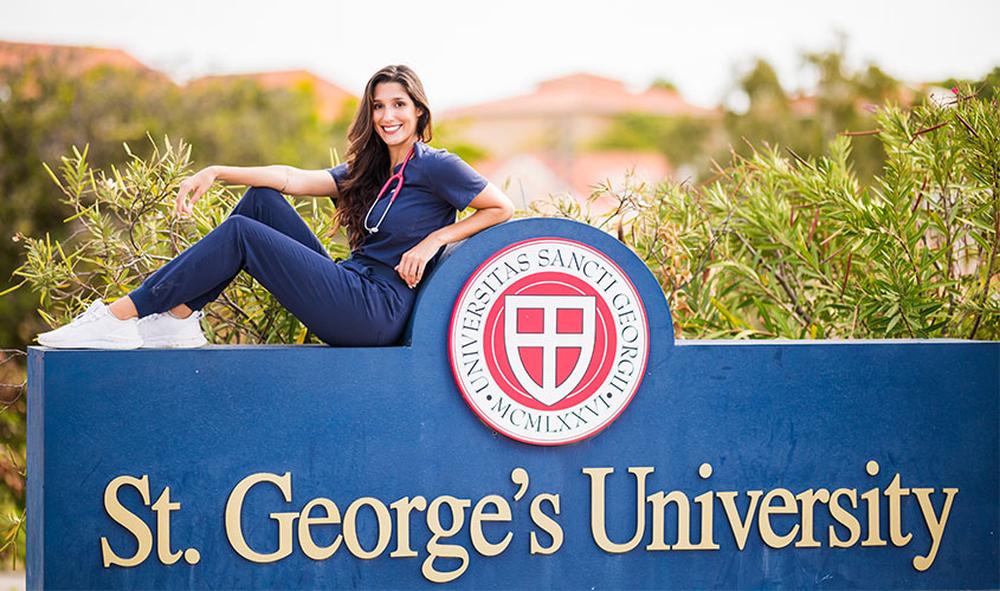

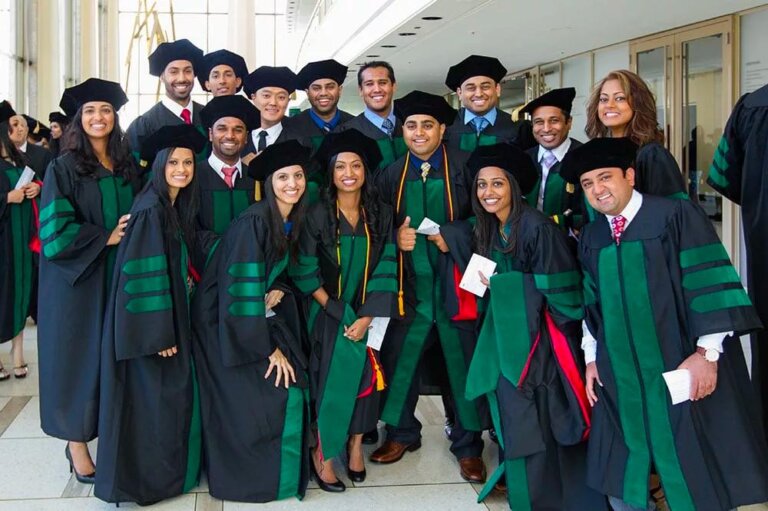

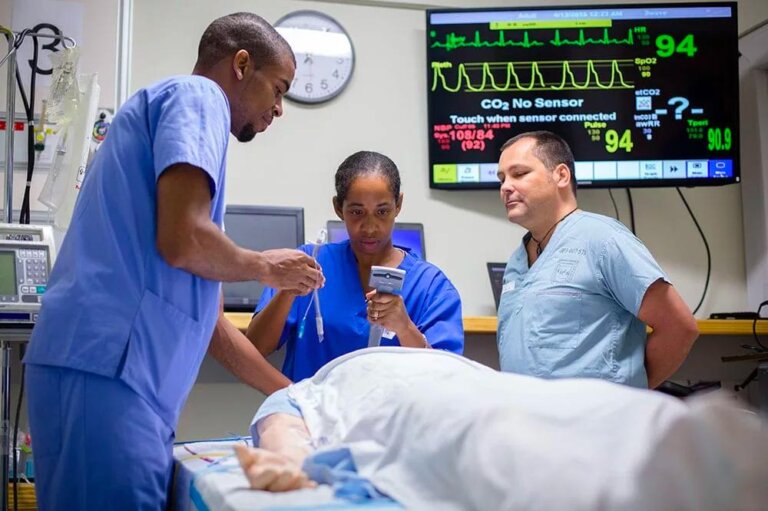

St. George's University (SGU) School of Medicine was established in 1977 in True Blue on the Caribbean island of Grenada. The university is renowned for providing high-quality, comprehensive medical education that prepares students to excel in their medical careers across the world.
SGU is one of the “Big 4” best Caribbean universities and has trained over 22,000 graduates who have gone on to become successful doctors in more than 50 countries globally. Currently, the university has over 5,500 students from all over the world who create an exciting, inclusive and diverse community.
SGU's commitment to excellence in medical education is directly reflected in its graduates' performance on the United States Medical Licensing Examination (USMLE). With a first-time pass rate of 89% for Step 1 and 90% for Step 2CK over the last 5 years, SGU students graduate as well-prepared professionals with the knowledge and skills to become successful doctors.
The university is affiliated with over 70 hospitals and clinical centres across the United States, the United Kingdom, Canada and Grenada. This extensive network allows students to gain diverse clinical experience in a wide variety of healthcare systems and patient populations. SGU’s emphasis on world-class clinical training is highlighted by its impressive US residency placement rate of 95% for graduates over the past 5 years.
St. George's University School of Medicine offers one of the most extensive ranges of MD programmes in English. They are designed to meet the needs of a diverse group of students with different educational backgrounds. The 4 available pathways into medicine provide flexible options for students to start their medical education, depending on their prior academic experience.
The traditional 4-year graduate entry MD programme is designed for students who have completed a Bachelor's degree and have met the prerequisite coursework in sciences. This programme focuses on providing a comprehensive medical education, starting with 2 years of basic sciences taught on the Grenada campus, followed by 2 years of clinical training at affiliated hospitals in the US and UK.
Here's an overview of the programme structure:
During this time students will get to learn about the basic sciences through lectures, laboratory sessions, small group discussions, and clinical skills training.
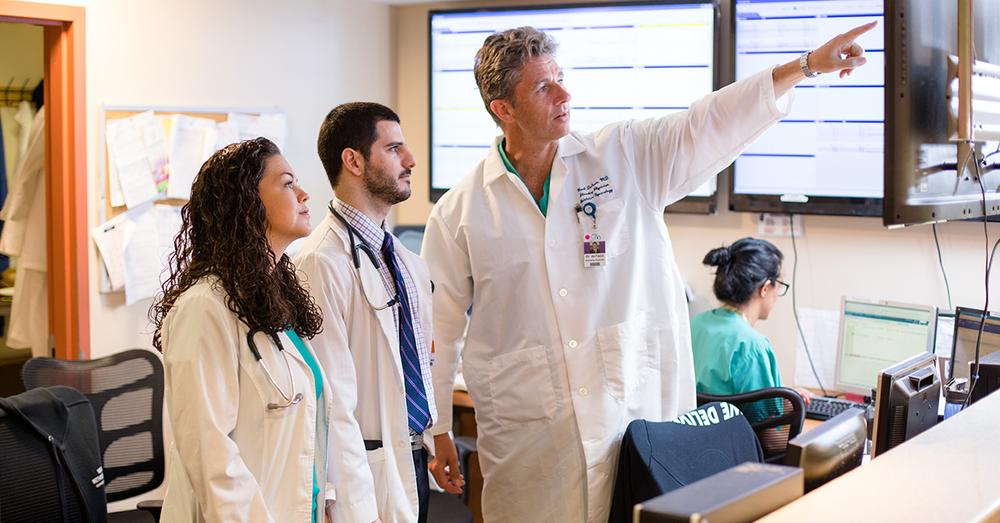

During the latter 2 years, students will gain hands-on experience in patient care, diagnosis, and treatment under the supervision of experienced medical professionals.
The 5-year MD programme is ideal for students who have completed high school but have not yet fulfilled the necessary undergraduate coursework in science-related fields. This pathway includes an additional year of preclinical studies, providing a solid foundation in the sciences before progressing to the standard medical curriculum.
Designed for students with an advanced secondary school diploma or equivalent, the 6-year MD programme adds 2 years of preclinical coursework. This pathway allows students to build a strong scientific and medical foundation before entering the traditional 4 years of medical education.
The 7-year MD programme is structured for students who have completed their secondary education but require additional coursework in both the sciences and general education. This extended pathway ensures students are thoroughly prepared for the intensity of medical school, beginning with 3 years of preclinical studies and followed by the standard 4-year medical curriculum.
St. George's University also welcomes transfer students from other medical schools. Transfer applicants are assessed on a case-by-case basis, considering their previous academic performance and the compatibility of their completed coursework with SGU’s curriculum.
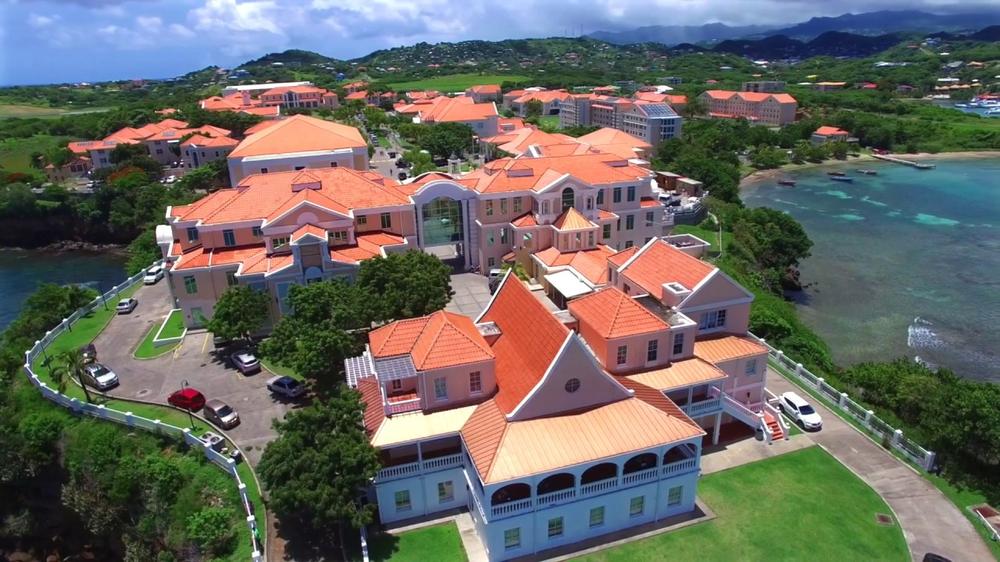

St. George’s University uses semester based tuition fees. The 4-year MD serves as the basis for the cost of medical education and the 5, 6, and 7-year options each add to the cost, depending on the programme.
The tuition fees at St. George’s University vary depending on the stage of the medical programme and are as follows:
Basic Sciences Tuition Fees:
*Please note that Terms 3 and 4 are usually billed together and are considered combined.
Clinical Tuition Fees:
Each programme adds 2 pre-clinical terms depending on the length of the course. These are also billed per term, and each term costs .
St. George's University School of Medicine in Grenada, West Indies, has specific admission requirements depending on the MD programme, but all of them include attending an interview (typically online via Zoom), and no entrance exam is required.
The admission requirements are as follows:
4-Year MD Programme Requirements
5-Year Medicine Course Requirements
6-Year Medical Programme Requirements
7-Year MD Course Requirements
Additional Requirements
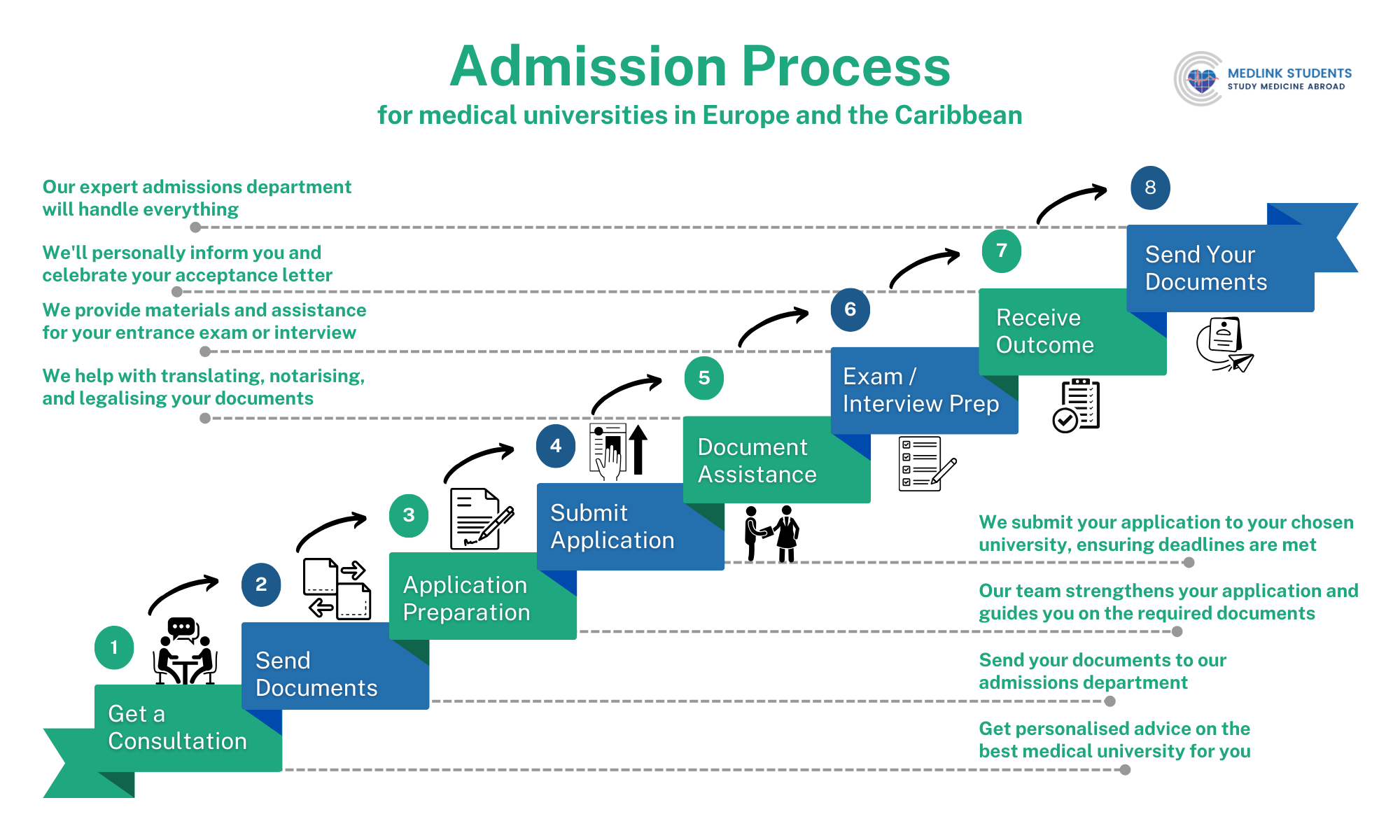

St. George’s University stands out as one of the best medical schools in the region and the world. As such, the admissions process at SGU is very competitive and only candidates with truly strong applications and interview performances will get accepted. However, there’s no need to worry because Medlink Students’ admission experts can handle your file from start to finish to ensure that you submit an S+ application that will make you stand out. The best part is that we can provide you with preparation materials to ensure that you ace the interview and greatly increase your chances of getting accepted. We offer full personalised support to make sure that your path to SGU is smooth, successful and stress-free.
Sign up for a free consultation with one of our expert advisors to kickstart your educational journey at St. George's University School of Medicine.
Applications are accepted on a rolling basis, with priority deadlines for January, April, and August terms. Applying early is strongly encouraged so students can secure their housing and make their travel arrangements.
*Although we endeavor to maintain accurate information, program intake dates can change. Contact your advisor to verify.
St. George's University is accredited and internationally recognised. This means that upon graduation, students are awarded a medical diploma that is recognised and accepted throughout the world.
Accreditation:
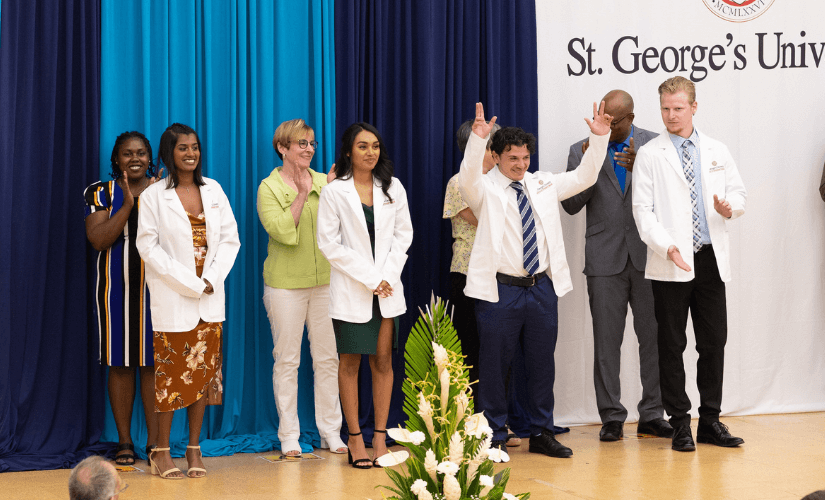

US Recognition:
St. George's University Grenada is approved to allow its graduates to apply for medical licensure in all 50 U.S. states. It has gained additional recognition from:
Global Recognition:
St. George's University True Blue, Grenada offers a rich and fulfilling academic experience designed to prepare students for successful careers in medicine all over the world. The university's approach combines comprehensive coursework, hands-on clinical training, and extensive support services to ensure students excel both academically and professionally.
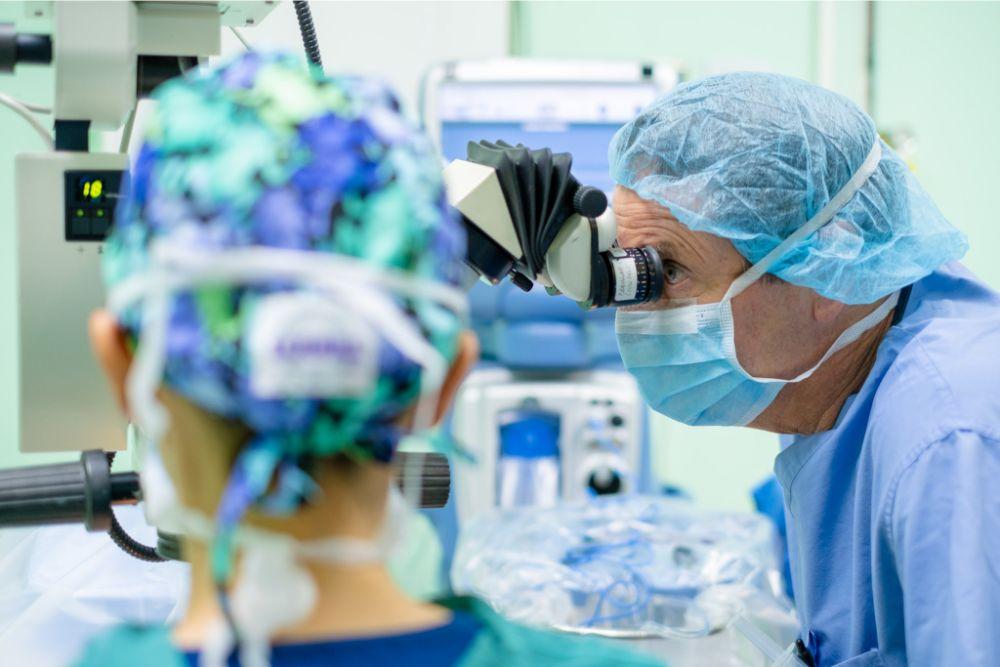

SGU has invested in state-of-the-art research facilities and infrastructure to support its research activities. These include modern laboratories, high-tech equipment, and comprehensive library resources.
The Grenada St. George's University’s strong emphasis on research not only enhances the educational experience of its students but also contributes significantly to the global scientific community.
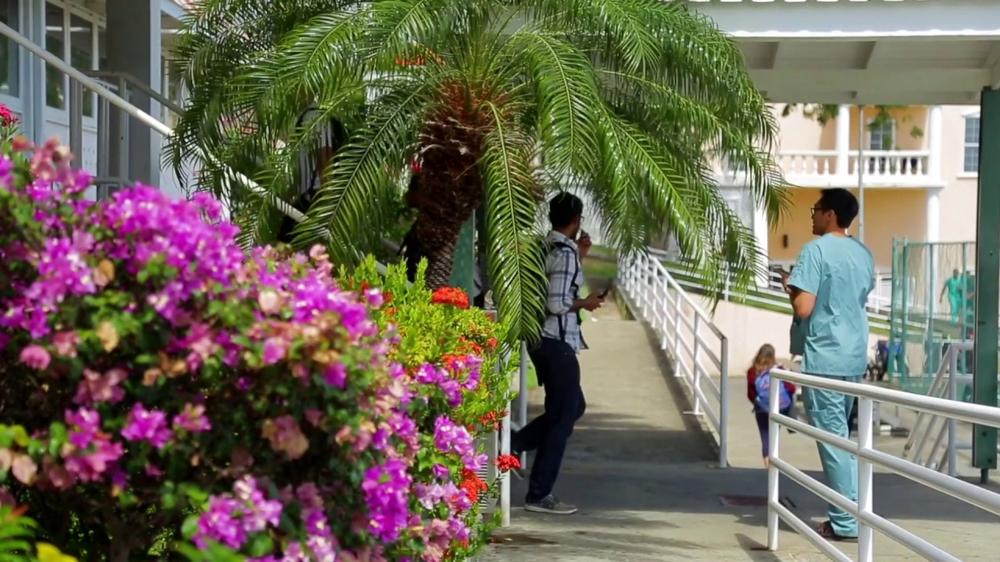

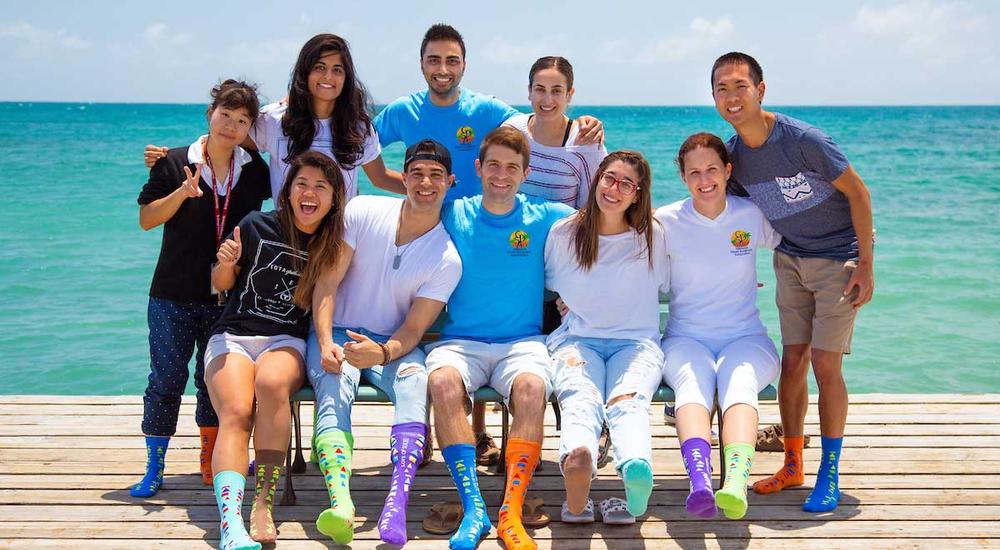

SGU offers a wide range of extracurricular activities that enrich student life, boost personal development, and create a sense of community. Here are some of the key extracurricular opportunities available at SGU:
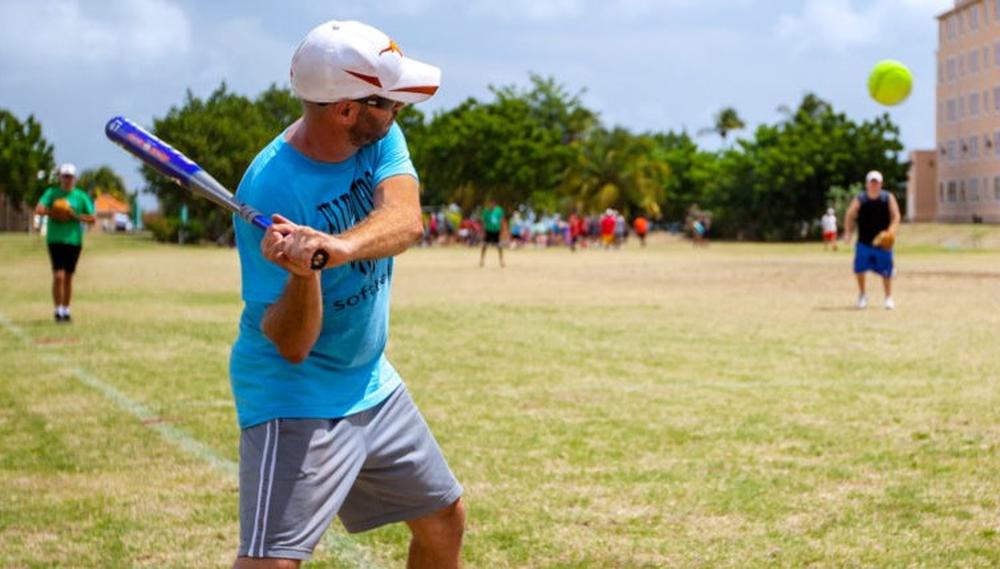



St. George's University School of Medicine offers a wide range of support services to make sure that students here have a truly fulfilling academic experience:
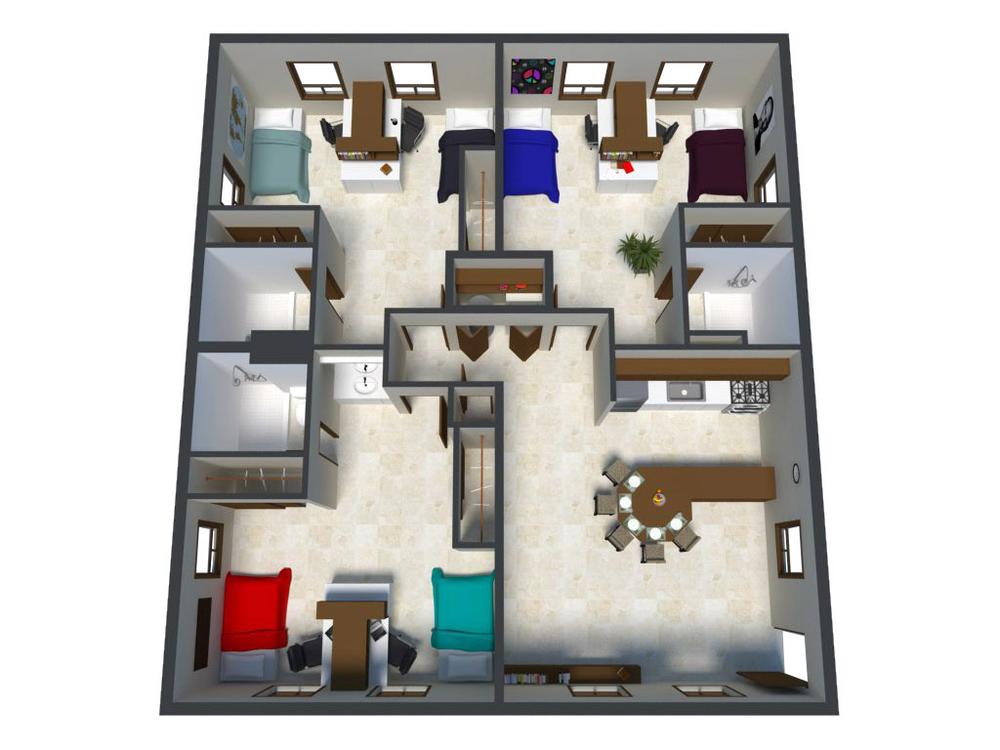

St. George's University (SGU) offers a variety of student accommodation options designed to meet the diverse needs of its student body. Living on campus provides numerous benefits, including easy access to university facilities, enhanced opportunities for socialising and networking, and a supportive community environment.
Types of Accommodation
All entering students are required to live on campus for at least their first term. This policy helps students acclimate to university life and take full advantage of the resources and community available on campus.
For those who prefer to live off-campus, SGU provides resources and support to help students find suitable accommodations nearby. This includes a list of recommended real estate agents and housing options, ensuring students can find safe and convenient living arrangements.
All campus accommodations are equipped with 24/7 security and staffed receptions, particularly in university-owned accommodations like those in the United Kingdom at Northumbria University. This ensures a secure and supportive living environment for students during their studies.
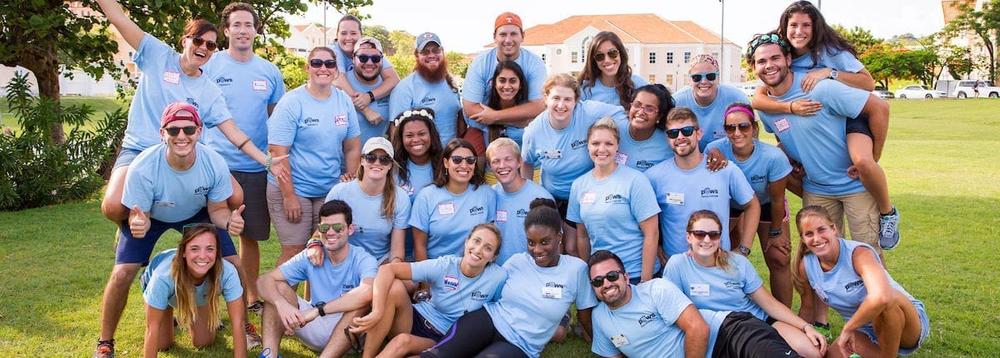

It is safe to say that living on a paradise-like Caribbean island is one of the best ways to have a fulfilling and enjoyable student experience. The best part is that English is the official language in Grenada, so you won’t have to worry at all about language barriers.
As a medical student in Grenada, you will be able to enjoy:
Grenada is home to some of the most beautiful beaches in the Caribbean, such as the Grand Anse Beach, which is known for its white sand and clear turquoise waters. The island is also rich in lush rainforests and scenic waterfalls, such as Annandale Falls and Seven Sisters Falls. This means that students will be able to enjoy both water sports and hiking, bird watching, and exploring the diverse flora and fauna during their stay in Grenada.
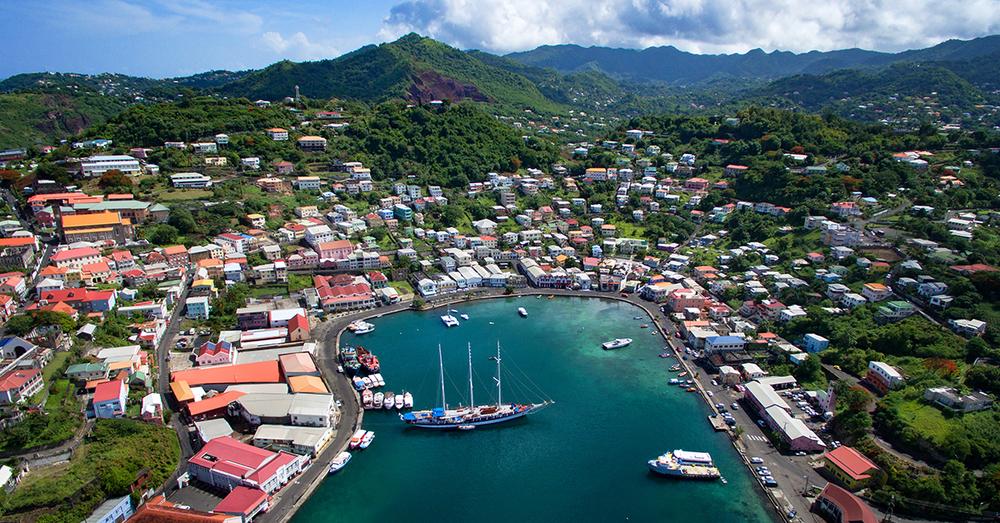

Grenadians are known for their hospitality and friendly, welcoming atmosphere. Students easily integrate into the local community and make life-long friendships with locals and international students alike.
Grenada's Carnival, also known as "Spicemas," is an unmissable event featuring parades, music, dance, and traditional costumes. It is one of the most anticipated events of the year and offers students a chance to immerse themselves in the local culture.
Other notable events include the Grenada Chocolate Festival, Carriacou Parang Festival, and various music and food festivals that celebrate the island's rich cultural heritage.
Expenses such as housing, food, and transportation are generally affordable, allowing students to maintain a comfortable lifestyle without excessive spending. On average, students can expect to spend about $800-$900 per month on living expenses, excluding rent.
Grenada is a destination where students from around the world, including hijabi women, can feel welcomed and respected. The local population is known for its friendliness and dedication to making Grenada a home away from home for the many international students on the island.
The island nation embraces people from all faiths and cultural backgrounds, and you can find mosques, churches, and a Chabad Jewish centre in True Blue. Additionally, you can easily find halal, kosher, vegetarian and vegan food options throughout the city.
St. George's University further supports this inclusive environment by creating a diverse community of students from over 140 countries.
As a truly modern medical school, SGU gives students and their families the opportunity to take a virtual tour of the campus from the comforts of their home - St. George’s University Virtual Tour.










St. George's University is located in True Blue, St. George's, on the Caribbean island of Grenada.
Yes, St. George's University accepts transfer students on a case-by-case basis, depending on their previous academic performance and compatibility of completed coursework with SGU’s curriculum.
Yes, all MD programmes at St. George's University are taught entirely in English.
SGU has rolling admissions with priority deadlines for January, April, and August terms. Applying early is encouraged.
*For the latest up to date information on intakes, please contact us.
SGU is accredited by the Grenada Medical and Dental Council (GMDC) and is recognised throughout the world.
No, there isn’t an entrance exam to study at St. George’s University, but applicants have to participate in an interview. However, US applicants are required to submit an MCAT score.
Yes, SGU offers 5-year, 6-year, and 7-year MD programs for students without a bachelor's degree.
Clinical rotations at SGU can be carried out at affiliated hospitals and clinical centres in the United States, the United Kingdom, Canada, and Grenada.